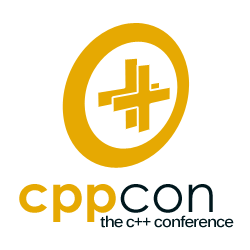CppCon 2016 Call for Open Content
Do you have something to say to C++ programers?
CppCon 2016 Call for Open Content
by Michael Caisse
From the call:
Open Content is just that, open! Attendees and regular program speakers alike can propose sessions on anything that interests them.

 Have you registered for CppCon 2016 in September? Don’t delay –
Have you registered for CppCon 2016 in September? Don’t delay –  Have you registered for CppCon 2016 in September? Don’t delay –
Have you registered for CppCon 2016 in September? Don’t delay –  Have you registered for CppCon 2016 in September?
Have you registered for CppCon 2016 in September?